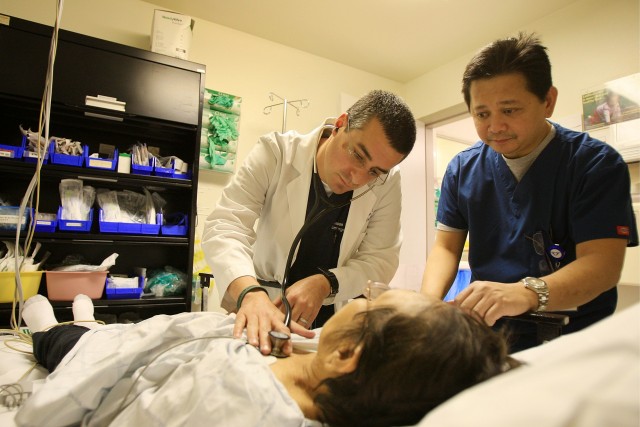
By David Gorn, California Healthline
A protest Wednesday at the Capitol Building will highlight proposed legislation to reverse cuts to Medi-Cal provider rates.
In 2011 during a bleak budgeting period, the Legislature agreed to cut most Medi-Cal provider payments by 10 percent. The cutbacks were held up in legal battles for two years, and the court eventually sided with the state. Implementation came from the state in stages, and primary care providers started getting the lower reimbursement rate this year, on Jan. 1.
Last month, Assembly member Rob Bonta (D-Alameda), who chairs the Assembly Committee on Health, introduced a bill -- AB366 -- to reverse the cuts made in 2011.
"This is my top priority," Bonta said. "The reason I'm interested in health policy is to maximize quality care and access for as many people as possible. And access within Medi-Cal is not what it needs to be."